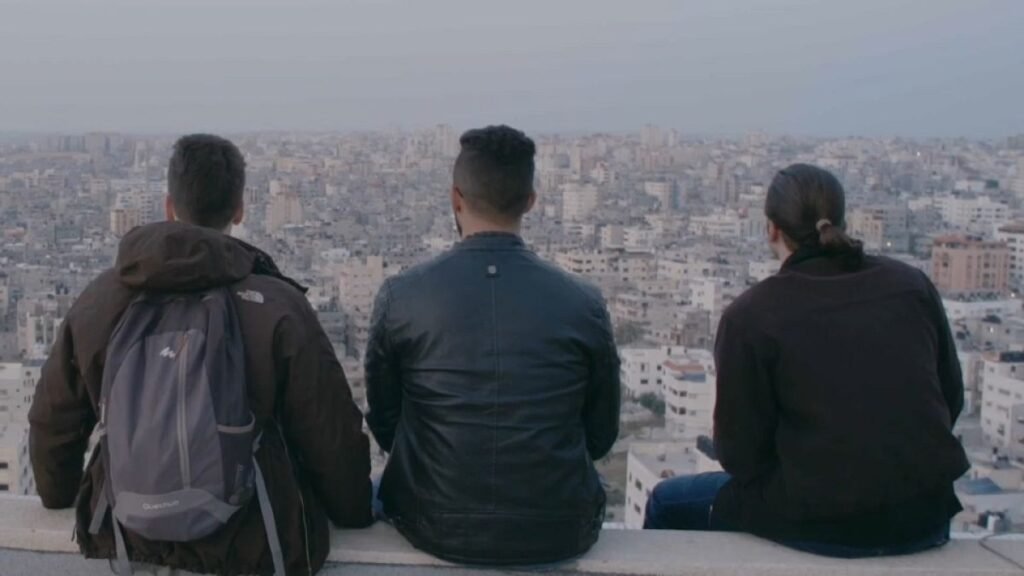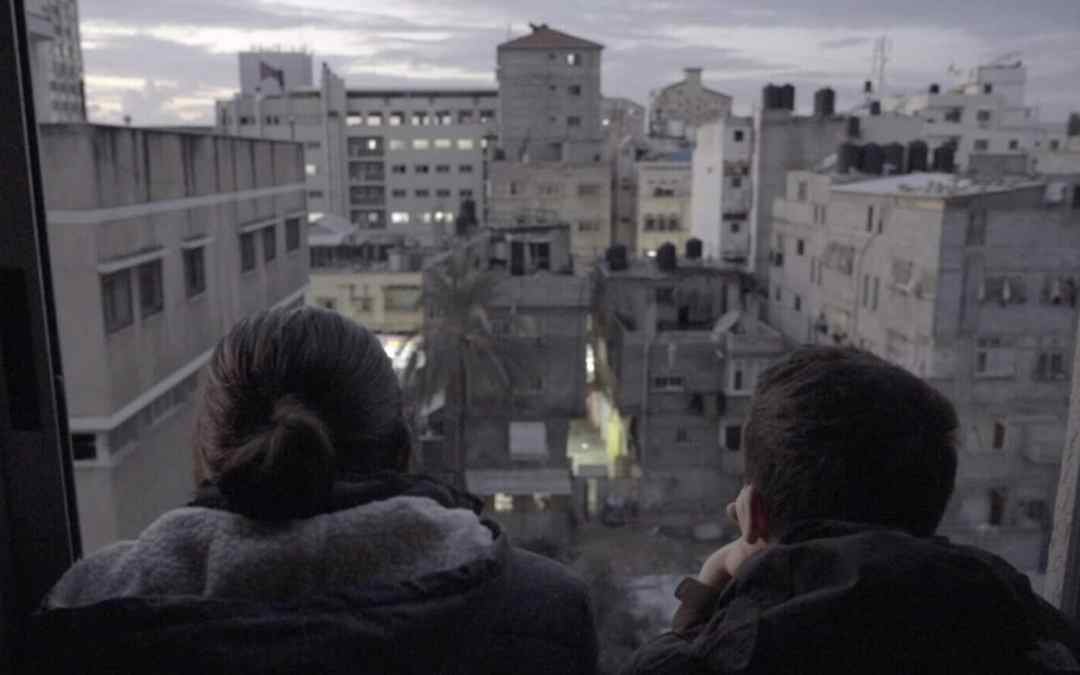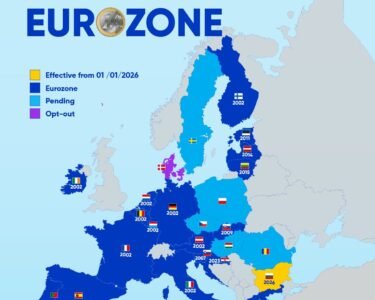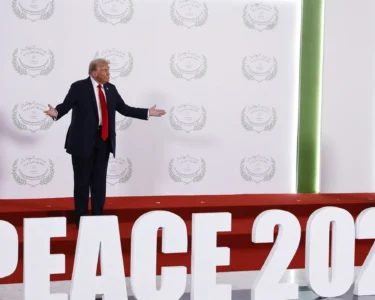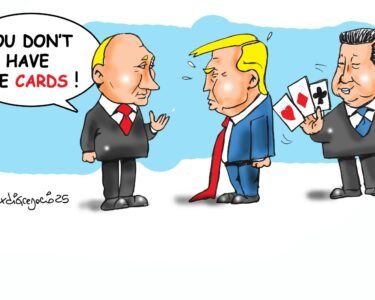On Oct. 2, 2025, thousands of healthcare professionals in more than 220 Italian hospitals will remember their 1677 colleagues killed in Gaza through the "lights on Palestine" flash mob. Riccardo Corradini brings us a unique testimony, which later became a film, of a world being destroyed before everyone's eyes
By Rosalba Panzieri
At a historical moment marked by a profound humanitarian and value crisis, the "Lights on Palestine: 100 hospitals for Gaza", turns the spotlight on the ongoing tragedy and the power of solidarity. Promoted by the networks #FastingGaza and Sanitation for Gaza., this grassroots mobilization has become the largest widespread flash mob ever held in Italy since the beginning of the Israeli attack on Gaza, also involving foreign cities such as Lisbon and Santarém. The 1677 health workers killed in Gaza, from October 2023 to September 2, 2025, will be remembered through relay readings of their names. Here is the list of participating hospitals:
https://www.digiunogaza.it/wp-content/uploads/2025/09/ELENCO-OSPEDALI-aggiornamento-30-Settembre-ore-18.pdf
At the heart of this wave of outrage and civic engagement is the testimony of Riccardo Corradini, an Italian medical intern who has experienced Gaza up close through a unique and courageous Erasmus experience. Through his words, not only the daily difficulties of those working in a context of war emerge, but also the resilience, dignity, humanity and brotherhood that endure under the bombs. We interviewed him on the occasion of the screening in Montopoli di Sabina of "Erasmus in Gaza" documentary he stars in, directed by Chiara Avesani and Matteo Delbò.
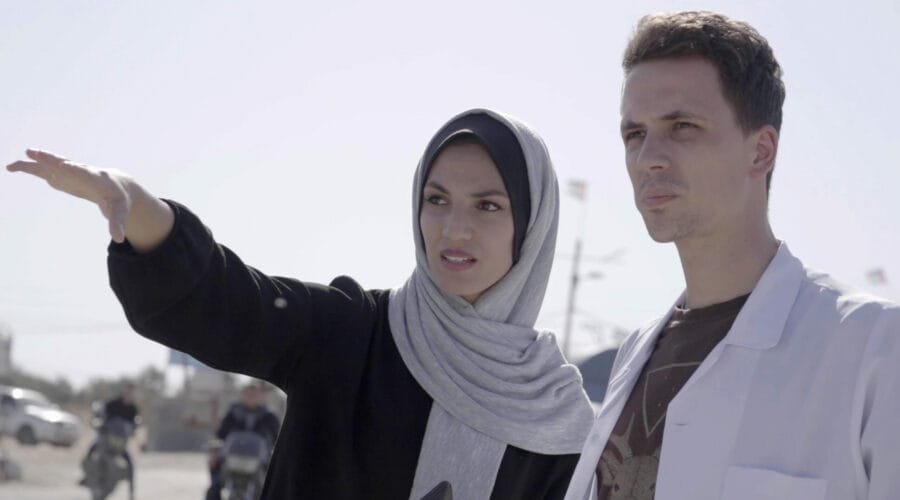
Why did you choose to do an Erasmus in Gaza?
There were two main motivations for me to undertake The Erasmus in Gaza. First of all, I always wanted to be a war surgeon, an emergency surgeon, and the chance to go and learn on the ground how emergency surgery is really done in difficult conditions such as those in the Gaza Strip was an unmissable possibility. The second reason, which is equally important, is the desire to become part of a larger, more complex mosaic of the so-called cultural diplomacy. So, through cooperation with nongovernmental organizations, I wanted to contribute to a project that would vicariate, go to bridge the shortcomings of traditional diplomacy. The purpose is to try to build, through culture, sharing of knowledge, critical thinking, a bridge that brings people together and not a wall that separates them. Certainly, the Erasmus project enters fully into this cultural diplomacy that thus allows people, students, female students from all over the world to meet, compare and find points of encounter, but also differences. Just by knowing and getting to know each other, one can come to appreciate these differences, experiencing them as a value and not as a weakness.
What were the most significant discoveries of this experience?
The significant discoveries were many. I consolidated within myself the idea that I wanted to be a surgeon. I was able to experience firsthand what millions of people inside the Gaza Strip dramatically experience on a daily basis. Unfortunately, I had firsthand experience of the bombings and it was a terrible thing, although fortunately they were sporadic while I was there, but they made me understand, in a small way, the terror that the Palestinian people are forced to live through on a daily basis and the hardships they face. I discovered a world that, before October 7, in so many cases was portrayed to us as a gray, hopeless reality, but it is not true. People inside the Gaza Strip want to live, they want to carry on a dignified, happy life. They experience all the joys and fears that we have as well, so, there is no difference from that point of view, that was also a discovery. Like everyone, they enjoyed going out together in the evening, going to the beach, being able to have a dinner together, to have a good time. Like every person. Like every human being. The discovery then was to find myself similar, in every way, to a people who seem very distant to us, at least in terms of the narrative that we are forced a little bit to endure.
What does it mean to you, as a physician and as a human being, to find yourself a spectator to the current atrocities taking place in Gaza?
As a wise colleague with whom I worked in Afghanistan once said, we have the luxury of despair. As a human being, the sense of helplessness that grips us is disarming. The brutality that we find ourselves facing, watching what is happening on a daily basis in the Gaza Strip and unable to do anything about it. Similar feeling shakes me professionally, because the idea of being a doctor and not being able to do anything to help the situation is frustrating. You cannot enter the Gaza Strip as a health worker except through a few NGOs, which clearly do not have the ability to provide access to the people, doctors and health personnel that the civilian population would need. The shortage of care has been evident since the first weeks of the invasion into the Gaza Strip. This clearly is a burden for us doctors to bear. But the therapeutic focus must never be lost. People are not dying "only" because of the bombs, but they are also dying because they lack treatment, because there is a lack of facilities and a lack of health personnel. I hear from my colleagues in Gaza that there are more than 1,600 health workers killed while they were fulfilling their duty. while they were fulfilling the thousand-year oath that they took. And this, dramatically has become routine in the sense that it has been legitimized in the eyes of the public and conniving governments. This possibility of even transgressing international law by going to target ,in violation of the Geneva Convention, medical personnel and hospitals, is aberrant. These are disarming reports that keep coming from colleagues in Gaza, because despite the fact that there is a need to intervene, despite the fact that the situation is catastrophic, they find themselves without the means to be able to do so. Precisely because, in addition to the fact that health personnel are being killed, who survive do not have the tools to treat. No more drugs, dressings, surgical irons, sterilization tools come in. Colleagues tell me about gauze used during surgeries, washed, re-washed and re-washed until they lose their shape. You have to use those, knowing that they are definitely not operationally functional and also pose a risk from an infectious point of view.
What goal did you set with documentary "Erasmus in Gaza"?
The documentary succeeded in capturing my journey in Gaza in a timely manner and telling the feelings and fears. But most of all the personages I was lucky enough to meet. The message. that I would like to send to people is that we are, in the end, all human beings. We are all human beings, with our merits, our flaws, our fears, our joys. And there is no, no, no, I'll reiterate it three times, underline it, no reason in the world that can legitimize the genocide that is going on. People have a right to be free and to self-determine. The Palestinian people have shown us, for eighty years now, a resilience and resistance that we should all aspire to have.
